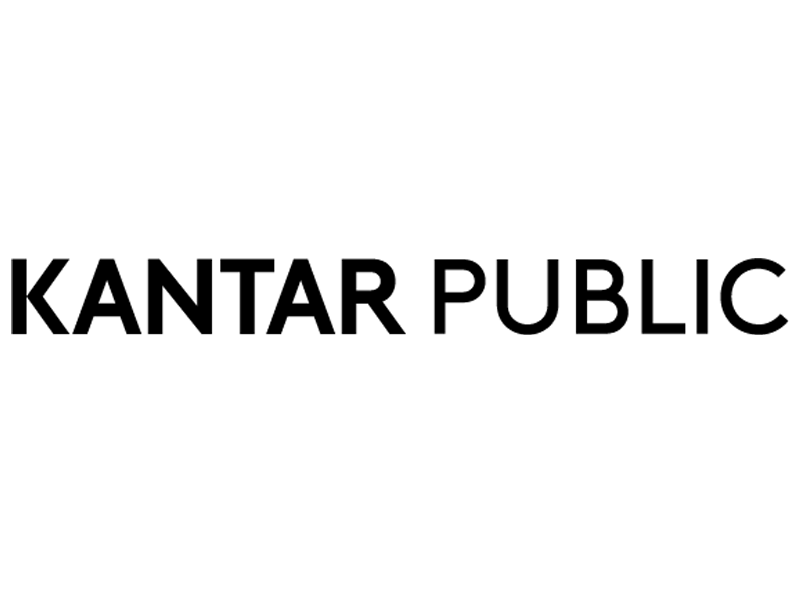CLIENT
Kantar Public
PROJECT
Exploratory Research, Territory Testing and Concept Testing on Child Safety with CALD and Aboriginal and Torres Strait Islander Audiences
DATE
April 2022 – July 2023

Kantar Public
Exploratory Research, Territory Testing and Concept Testing on Child Safety with CALD and Aboriginal and Torres Strait Islander Audiences
April 2022 – July 2023
The National Office of Child Safety led the development and implementation of Australia’s National Strategy to Prevent and Respond to Child Sexual Abuse 2021-2030 (National Strategy). As part of the National Strategy, a campaign was developed with the aim of reducing child sexual abuse across Australia.
Kantar Public engaged CIRCA to conduct formative research, territory testing and concept testing with culturally and linguistically diverse communities (CALD) and Aboriginal and Torres Strait Islander communities to develop an effective and inclusive national communications campaign. By ensuring inclusivity and cultural sensitivity in the campaign, the Government aimed to foster better engagement and resonate with CALD and Aboriginal and Torres Strait Islander communities.
Due to the topic’s sensitive nature, for all phases, CIRCA ensured that researchers had the resources to support participants if needed, and groups were split by gender. A distress protocol and culturally relevant resources and supports were provided for all groups. Groups represented a geographic mix across Australia.
The formative research phase aimed to explore what people from CALD and Aboriginal and Torres Strait Islander communities currently think and know about this issue of child sexual abuse, as well as their attitudes, beliefs, and behaviours. As part of this phase, eight focus groups were conducted with Mandarin-speaking mothers, Arabic-speaking fathers and influencers/non-parents, as well as groups with Aboriginal and Torres Strait Islander fathers, male influencers/non-parents, mothers and female older siblings.
In general, the groups were mostly consistent with their thoughts and understanding of this topic, with all groups responding that they wanted more information on how to have these conversations and felt that increased knowledge would result in reduced child sexual abuse. These findings then informed the development of territories, to refine the general direction that the eventual campaign would take.
In the second phase of the project, CIRCA conducted testing of these territories with Arabic-speaking mothers, Mandarin-speaking fathers, and Aboriginal and Torres Strait Islander mothers and fathers. Six territories were tested to explore participants’ reactions and to test their effectiveness, and whether they encouraged behaviour change.
The results of this phase informed the development of specific resources and development of initial concepts for the campaign. The final phase of research was then undertaken across three waves: concept exploration, nurturing and refinement. Six focus groups were conducted in each wave, with the same cohorts of mothers and fathers.
CIRCA reported on participants’ reactions and preferences regarding the concepts tested and determined how well the concepts successfully communicated the message, created a sense of self-efficacy among the audiences, and prompted behaviour change around having conversations about child sexual abuse. Based on the information gathered from the research, CIRCA also offered specific recommendations around refining the content and language to include or avoid.
Following the research, the findings and recommendations were integrated to develop and launch the “One Talk at a Time” campaign, which includes advertisements, information and resources translated into various community languages to prevent child sexual abuse. The campaign website can be accessed here: https://www.childsafety.gov.au/